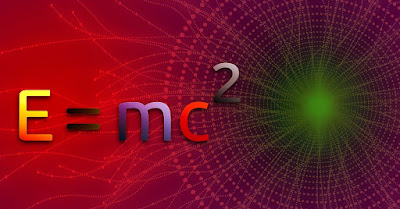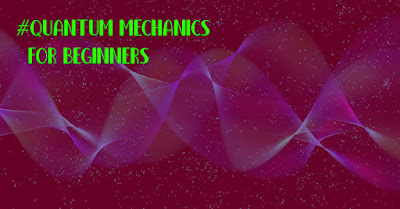what is the theory of relativity? | einstein relativity

what is the theory of relativity? I will discuss about this today. The theory of relativity is a fundamental theory of physics formulated by Albert Einstein in the early 20th century. what is the theory of relativity? It consists of two main areas, special relativity and general relativity. The special theory of relativity, proposed in 1905, revolutionized our understanding of space and time. It introduced the concept that the laws of physics are the same for all observers in an inertial frame of reference and that the speed of light in a vacuum is constant for all observers regardless of relative motion. This led to the famous equation E=mc^2, which relates energy (E), mass (m), and speed of light (c). General relativity, developed in 1915, extended the principles of special relativity to include gravity. She describes gravity as the curvature of spacetime caused by the presence of mass and energy. massive objects like planets and stars warp the fabric of space-time, and this curvatu


